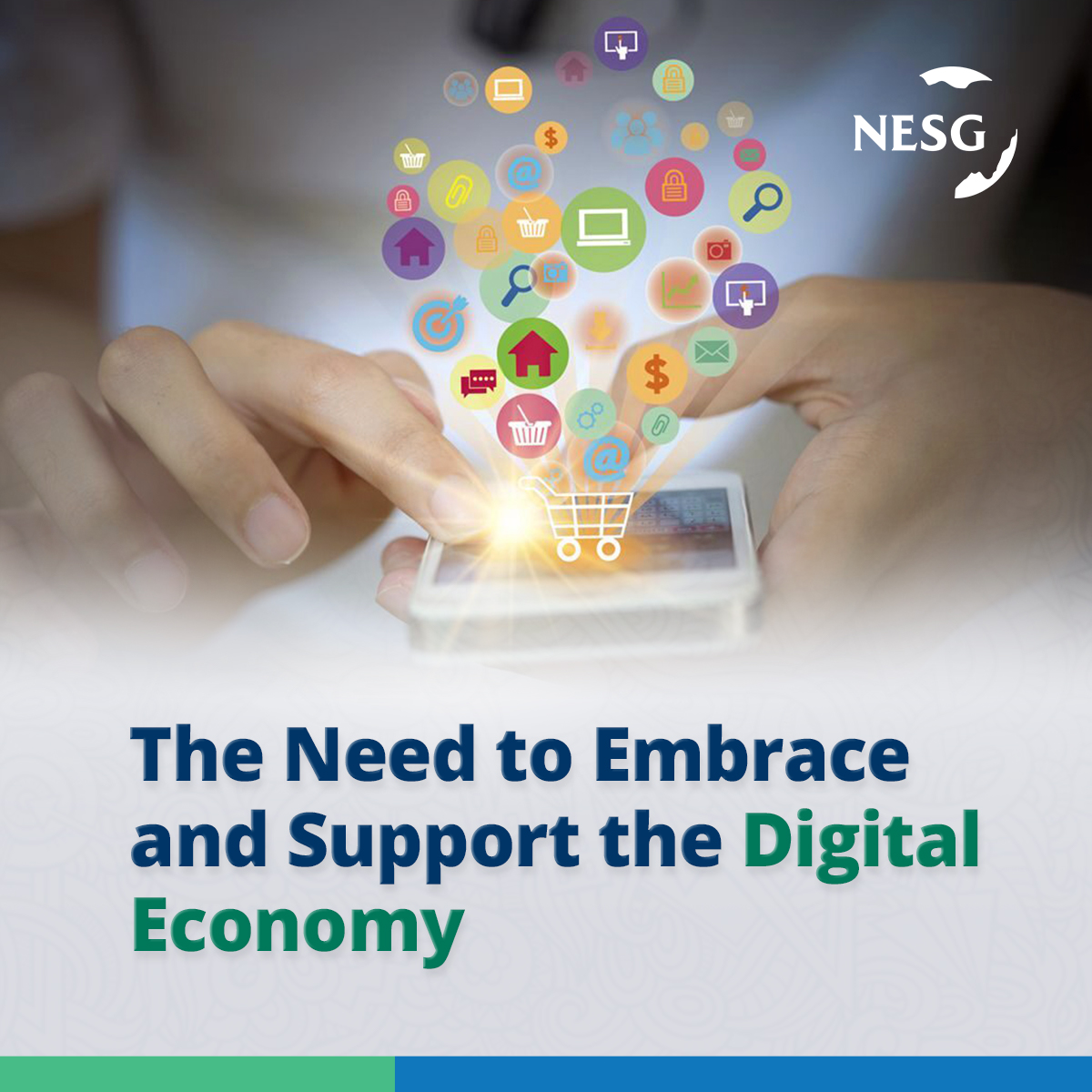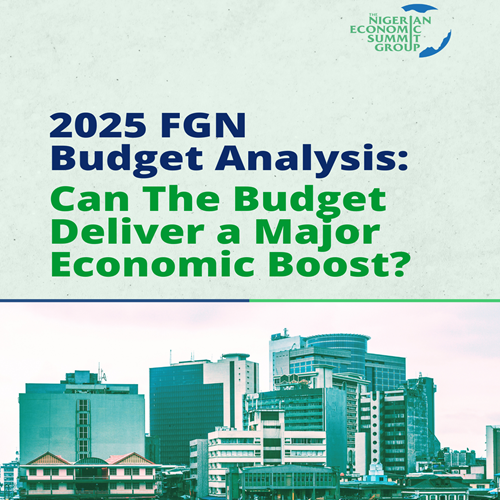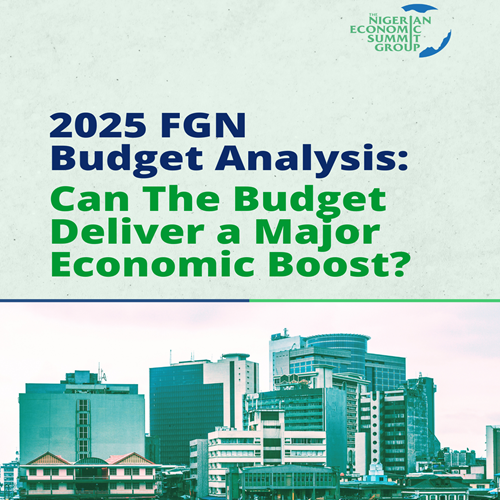Posted Mon, Jun 7, 2021 9:13 AM
The Need to Embrace and Support the Digital Economy

As in other economies worldwide, the COVID-19 pandemic has had a tremendous impact on the Nigerian economy. In 2020, Nigeria slipped into its second recession in five years, with a GDP contraction of 3.6% in the third quarter of 2020. Unemployment rate rose to 33.3% in the fourth quarter of 2020, about 8.6 million Nigerians were estimated to have fallen into poverty in 2020, and about 13 million children were out of school. Despite its negative impact, COVID-19 has accelerated the embrace of digital technologies in our everyday lives. According to the National Bureau of Statistics (despite the contraction of our economy), ICT and Finance emerged as two of the few growth sectors in 2020 and were the fastest-growing, with growth rates of 12.9% and 9.4%, respectively. This means that the digital sector remains crucial in accelerating Nigeria’s recovery from the devastating impacts of the pandemic.
In the last two years, Nigerian startups have raised approximately US$498 million, according to Techpoint Africa. Specifically, in the FINTECH industry, Nigeria remains one of the most attractive markets in the African continent, attracting US$122 million in 2019, representing 24.8% of total investment in the continent, according to the 2019 African Tech Startups Funding Report. The industry has seen the entrants of companies and the rise of digital entrepreneurs who have continuously created value for brands, clients and other stakeholders.
For many of these businesses, social media platforms have become a veritable tool for engaging existing and potential clients over the years. As a result, platforms like Twitter which has about 17 million active users in Nigeria, have become a community for businesses and clients to exchange ideas, share progress, and address complaints towards optimal service delivery. Likewise, the digital marketing and e-commerce space has unveiled new markets for many Nigerian companies, particularly among the youth, many of whom have an active online presence. The contribution of these companies to job creation, value addition and the economy has been salutary.
Despite the inflow of investment into the digital economy, overall Foreign Direct Investment (FDI) inflow into Nigeria is yet to achieve its true potential. In the last five years, FDI inflows into Nigeria has remained around US$1billion, according to data from the NBS. This amount is meagre compared with the inflows of countries such as Egypt, South Africa, and Indonesia. At a difficult time like this, when Nigeria must grow its economy, plug into the global digital revolution, attract patient international capital and sustained foreign currency inflow to address our foreign exchange challenges, the temporary suspension of Twitter in Nigeria sends out a wrong signal and will stand in the way of our path to rapid economic recovery.
In addition to the negative effect of the suspension on investments, small businesses that engage in digital trade will be gravely affected, raising further concerns on unemployment, poverty, insecurity, and our economy's attractiveness. Against this background, the NESG urges the Federal Government to reconsider this decision and rescind the suspension to foster inclusive development, global competitiveness, and much faster economic growth in Nigeria
Find a blog post
Latest Releases

2025 FGN Budget Analysis: Can Th .. Read
1 day ago

2025 FGN Budget Analysis: Can Th .. Read
1 day ago

Industrial Policy Commission Gen .. Read
2 weeks from now
